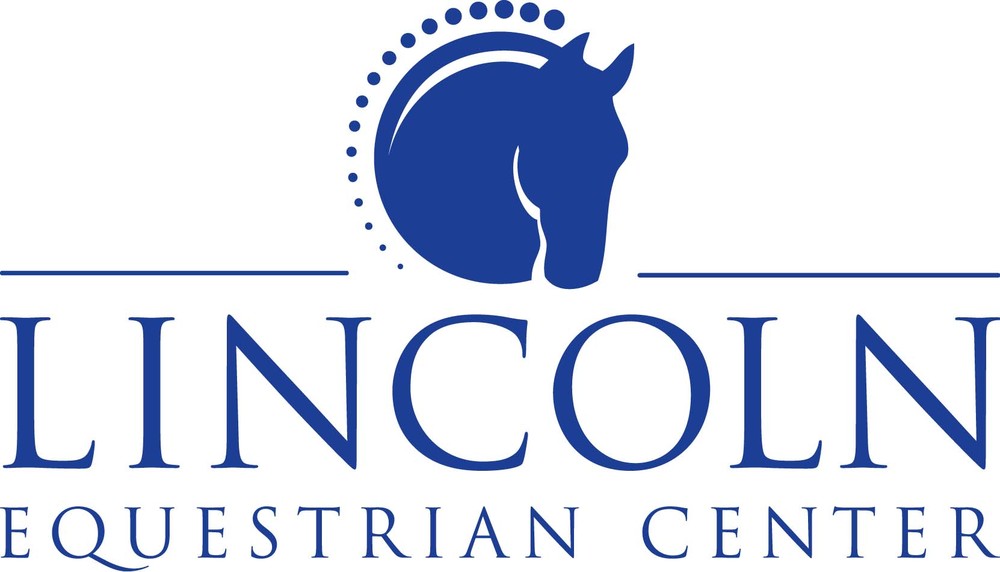Just finished hugging a 9 year old girl a million times. A young lady I’ve taught for 2 years. She’s moving out of state with her family and today was her last lesson. I 100% cried, there isn’t any way around it. I will miss this little lady and I’m so grateful to have been a part of her journey with horses.
The young lady has taught me a lot about being a teacher to children, which is a particular skill. Teaching children is not a particular skill I knew I had until I had done it, and this little lady is one of my first. We learned a lot together about overcoming our nerves, growing and communicating with the horse and with each other. I can’t believe in two years how tall she has become, how confident, how articulate, skilled with the horses…they really do grow up quite fast!
The thing is, I care. I really do. I care about all of my students and how well they are doing. Doesn’t matter if you are nine or 49 years old I’m absolutely cheering for you and hoping beyond all hope you’re enjoying your horse and figuring things out and having a lot of fun while doing both. Teaching riding at any level is a two way street, although as a student you might think the instructor has all the answers and all the knowledge. In part, yes but as an instructor I certainly learn from my students.
Each of the students I have worked with over the years has taught me something different about riding or people or teaching. Each student has helped me to understand better the sport I love so much and even how to read horses better than I ever have before. Most especially, working with beginners of all ages I’ve learned to appreciate certain aspects of horsemanship I had perhaps become complacent about. I’ve learned to talk about horses and riding more clearly.
Horse body language is a good example. I see it, I appreciate it, but because of years of work with my horses I for the most part just move seamlessly with and around the horses without thinking twice about what the ears are pointed at….until someone asks me a question. It’s a good question…but one I haven’t had to think about in like 30 years. To have to slow down, think about it…and then translate it into words that make sense to someone just starting the process. These explanations have given me a reason to re-experience horse behavior with a fresh perspective.
Generally speaking I think many advanced riders and trainers have a bit of a negative attitude about people who start new riders. As if, perhaps, we’re not qualified enough to do anything else. And maybe just maybe that is the case for some folks out there. The United States has absolutely NO regulation on who can be an instructor or what kind of qualifications you need in order to teach. You can opt in to those regulations, but no one is required to explain why a horse has a chestnut or explain what muscles you use to post the trot in order to teach beginners.
As with any journey, in horsemanship you want to learn from someone who knows where you are going. I’d have a difficult time telling someone how to get from Moscow to St. Petersburg. “So…you’ll need to be in Russia… and then like…I guess Google it?” Horsemanship is no different. When I start new riders, I have a good idea of where they are going, mostly because I ask what they want to do. If I start someone who later wants to jump, well we work like always on good balance, right posture and great steering. However their lessons morph as I get ready to hand them over to our hunter/jumper trainer. Beginners wanting to pursue dressage, well, it’s on guys. They start right away with quiet aids, and precision riding so that all of their instincts and motions are purposeful.
I have a plan for my beginners. It’s the same plan every time: exemplary horsemanship on the ground, exemplary riding position, kindness to horses, and grit. I’m cheering them along each step and I am authentically excited every time LITERALLY EVERY SINGLE TIME someone figures out how to post the trot properly. I love the smiles on people’s faces when they canter. I feel the frustration during the hard growing periods. “I don’t understand why this is so hard for me!!”
I’ve been there, you’ll ride through it, and I’ll be on the ground helping you to get to the other side. If I ever seem frustrated its probably because I can’t figure out the magic words to make it click. After all, for everyone involved in a lesson, the horse is the real teacher. I can tell my students, and they can listen but ultimately, the horse gives the answer. For me, it’s pure magic when I watch a beginner learn to feel what the horse is saying, and respond in kind. It’s amazing how quickly people learn how to ride a horse. It’s amazing how different and how similar all riders are in their habits, strengths and impulses.
I greatly enjoy teaching. After so much time in my life riding my own, showing and training it’s an interesting, inspiring and refreshing way to enjoy another aspect of my sport.
So to my little who is off to new adventures and new instructors…Keep those heels down. Believe in yourself, don’t be afraid to try new things….and to the rest of my newbies, beginners thanks so much for teaching me how to teach. Thanks for reminding me daily to not take for granted this life with horses.
